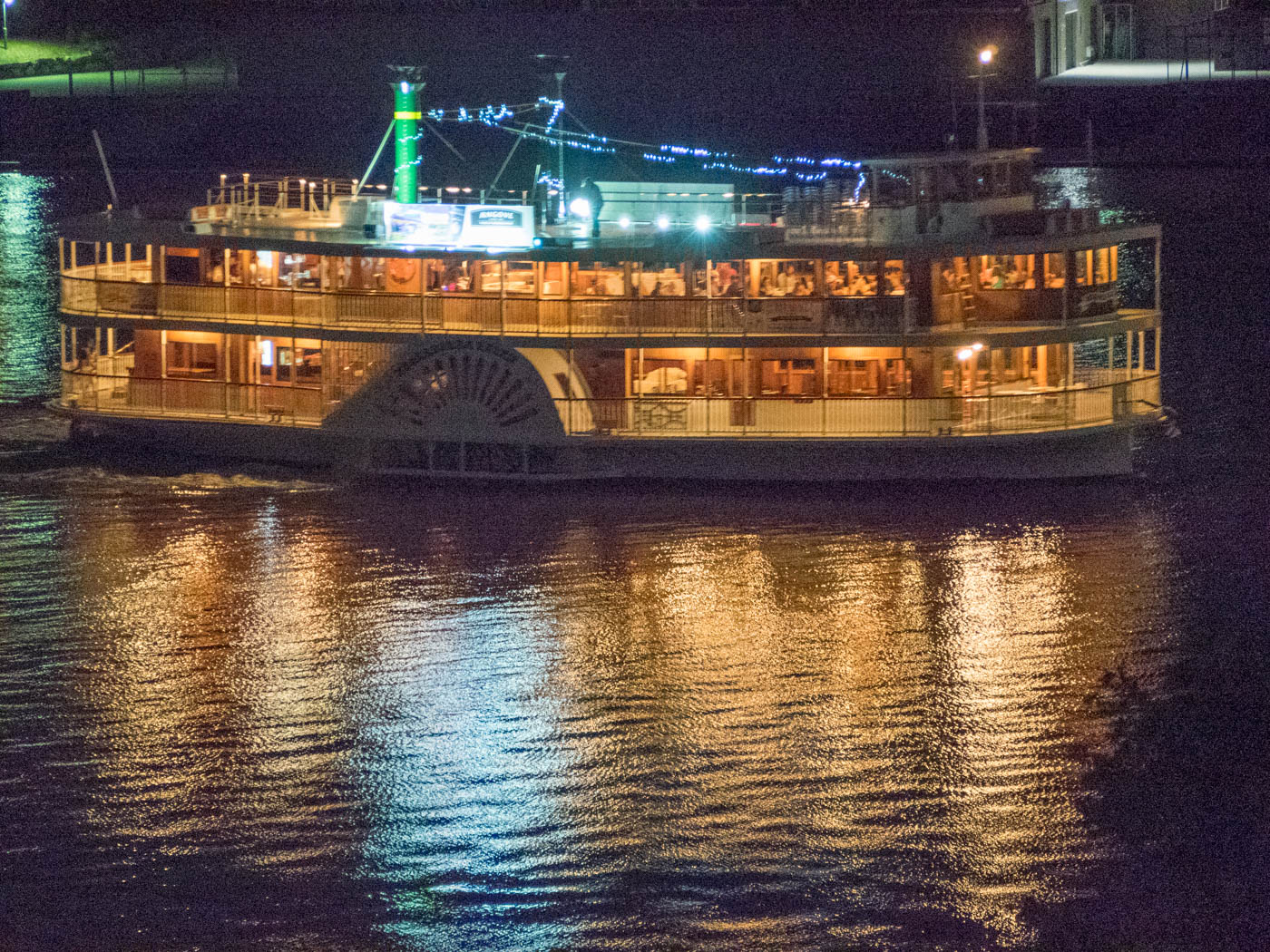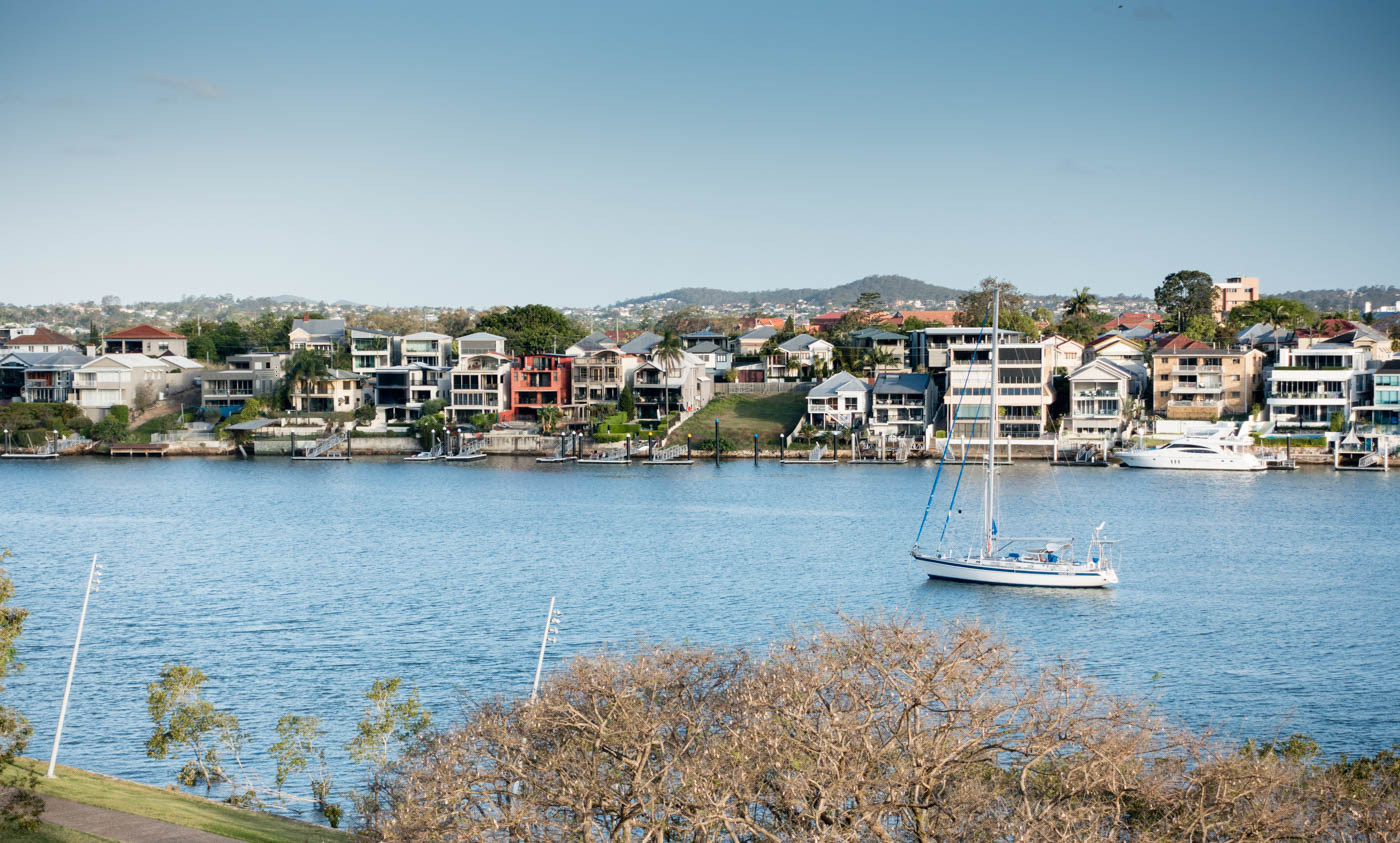From here (page 5):
The Anglican Church of Canada has a number of ecumenical partners. One, the Evangelical Lutheran Church in Canada, has become a full communion partner with which we enjoy a full and mutual recognition of ministry and sacraments. With others, like the Roman Catholic Church and the United Church of Canada, we’re still on that journey—an admittedly longer one.
To be an ecumenical partner means to repent of our divisions and to understand them as a scandalous contradiction of the will of Christ. It means to fervently desire reconciliation with the churches from which we are separated, and to manifest this desire in prayer, dialogue and action.
To be an ecumenical partner also means recognizing that the other with whom you are seeking to reconcile demonstrates signs of the Holy Spirit at work, even if you are in disagreement about some significant issues.
It’s far from clear that ACNA yet manifests these qualities of an ecumenical partner. Its repentance is, according to its constitution, limited to “things done and left undone that have contributed to or tolerated the rise of false teaching” in the Anglican churches from which it has chosen to walk apart.
It’s still in a legal fight over property with two dioceses in the United States. It seeks recognition as a new North American province of the Anglican Communion without desiring reconciliation with those already existing.
I suspect what is really troubling Bruce Myers is not so much the division in North American Anglicanism but the fact that ANCA has made it so conspicuous. The division existed for decades before the final split occurred; while it was hidden, conservatives could be safely ignored. By making the split so blatant, ACNA has clearly said in action and word that the Anglican Church of Canada and TEC are guilty of “false teaching”; their religion does not meet the standards needed to be called Christian. It is, at best, sub-Christian.
A liberal like Myers is tolerant of just about anything other than being firmly told he is wrong. The desire for reconciliation is little more than carefully disguised insecurity.
To illustrate the point: a number of years ago when a vote for same sex-blessings passed in the Diocese of Niagara, a number of clergy voiced their opposition and walked out. A liberal priest rose to his feet and spluttered indignantly that those walking out were declaring by their action that he was not a Christian. That wasn’t the intention, but the question is: why was he so desperate for the approval of those whose theology he had spent years despising? There is no insecurity quite as profound as liberal insecurity.
Myers wants affirmation not reconciliation.
Merry Christmas, Archdeacon.
Like this:
Like Loading...




